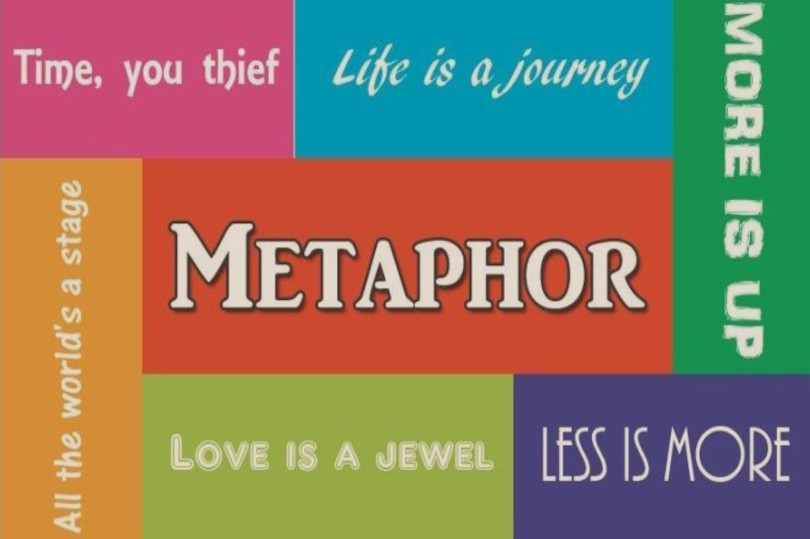Considering the United States’ racist history, it is quite shocking how much American audiences enjoy media that serves as a metaphor for racism. There are countless examples of media that have this as its central theme. This includes huge franchises such as “X-Men” and less popular media like the Netflix film “Bright.” Metaphors for racism are important. They help us to acknowledge and recognize the evils of racism. This is especially true for children because watching an exciting movie with themes of racism is much more likely to grab and maintain their attention than a 2-hour lecture. Many of these are incredible stories that I enjoy. However, many of them have the same critical issue. The critical issue is in the depiction of the story’s oppressed group, and it is multifaceted.
Non-human Oppressed Group
This first aspect is the most common and is problematic. The “X-Men” series is the most notable example of a non-human oppressed group. In the “X-Men” series, “mutants” are constantly targeted and discriminated against. The same is true for the video game “Detroit: Become Human.” In “Detroit: Become Human,” multiple androids called “deviants” stop listening to their human masters and fight for equality. Making the oppressed group non-human is flawed because it turns them into an ‘other.’ The oppressed group is then viewed differently and not given the same empathy. It subtracts from the story’s validity as a metaphor. Most importantly, it literally dehumanizes oppressed groups.
Physical Threat from The Oppressed Group
A physical threat from the oppressed group makes me especially angry. The oppressed group posing a physical threat to the “normal people” is present in “X-Men,” “Bright,” and even Disney movies such as “Zootopia” and “Zombies.” In “Bright,” Orcs are significantly bigger and stronger than humans and have giant canine teeth that protrude from their mouth. “X-Men” features characters such as Magneto, who can move metal with his mind. “Zombies” has, well, zombies who have the controllable urge to eat brains without a functioning Zombie wristband. Once again, this subtracts from the story’s validity as a metaphor. When the oppressed group is such a clear threat, it justifies and validates the fears of the oppressors. It is unreasonable for these characters to hesitate to live with the oppressed group because doing so would be risking their safety.
Evil Oppressed Group
This aspect is relatively common, yet it makes no sense whatsoever. Some of these stories give the oppressed group an evil history. For example, in “Zootopia,” there is a history of predator animals eating prey animals, and in “Bright,” the Orcs are known for serving the evil Dark Lord. Adding this element to a racism metaphor is unbelievably backward. Not only does it provide justification for the oppression, but it is also contradictory to real life. America’s racist attitude towards minorities is baseless. Minorities do not have a history of mistreating or abusing white people. As a matter of fact, the opposite is true. So why should a racism metaphor add the element that the oppressed group has done something wrong and needs to be forgiven? These stories suggest that racist people are simply people who are hesitant to forgive and not cruel persecutors.
It is important that the oppressed group is portrayed well. This issue needs to be corrected. These metaphors aren’t helpful if they depict oppressed groups negatively.



X Men is probably the best example of comics attacking races ideas in America from a non black and white perspective. Stan Lee used the Civil Rights movement as inspiration and used Professor X as MLK (non violent movement, let’s live together approach) and Magneto as Malcom X (by any means necessary). It’s cool that a younger generation is aware of the parallels in media and life and how it affects perception.
Interesting read. Is this insinuating that the goal of these shows/stories is to have people sympathize and recognize racist behaviors, while simultaneously giving justification for them as well? Never thought of X Men like that before. Great take!